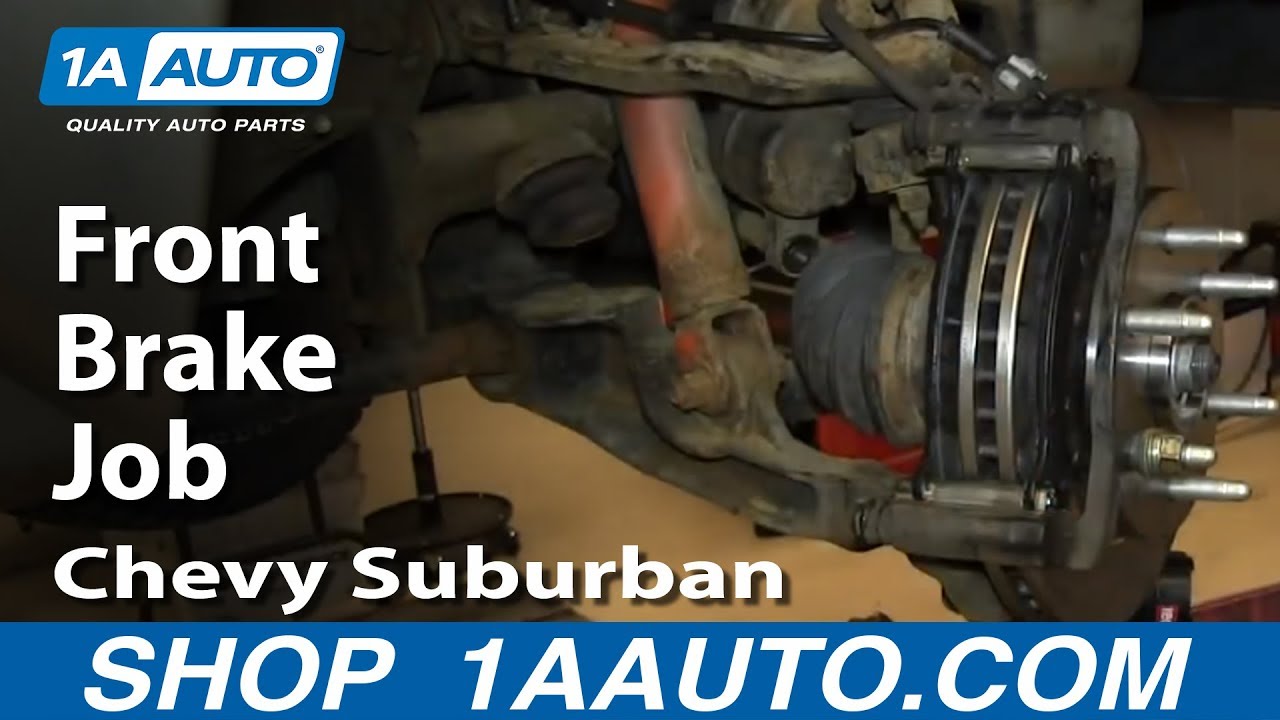1ABFS01675-Chevrolet GMC Cadillac Front & Rear Ceramic Brake Pads TRQ BFA12918
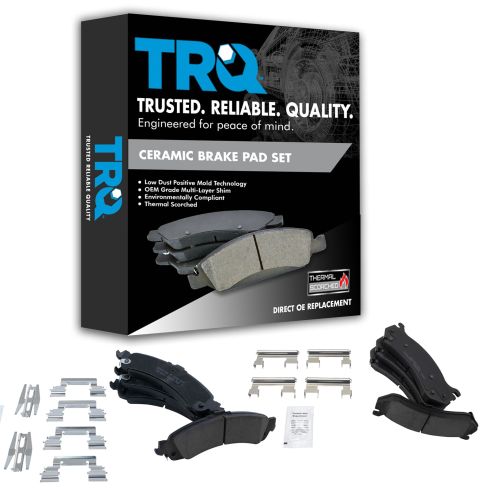












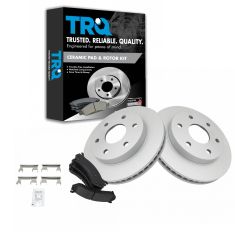
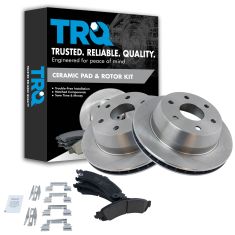
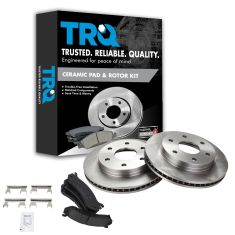
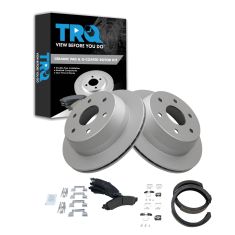
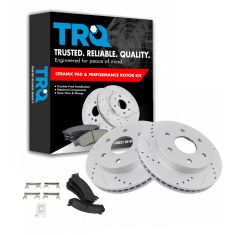
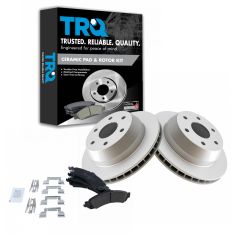
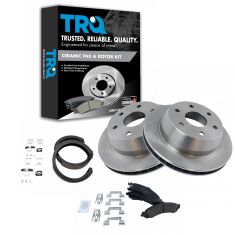
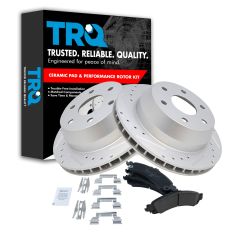
Replaces
2002 Chevrolet Silverado 1500 with Quadrasteer Front & Rear Ceramic Brake Pads TRQ BFA12918







You may also like

Ceramic Brake Pad & Rotor Kit
$134.95

Ceramic Brake Pad & Rotor Kit
$151.95

Ceramic Brake Pad & Rotor Kit
$151.95

Ceramic 4 Piece Brake Pad & Rotor Kit with Parking Shoes
$157.95

Ceramic Performance Brake Pad & Rotor Kit
$162.95

Ceramic Brake Pad & Rotor Kit
$163.95

Ceramic Brake Pad & Rotor Kit with Parking Shoes
$173.95

Ceramic Performance Brake Pad & Rotor Kit
$189.95
Product Reviews
Loading reviews
5.00/ 5.0
8
8 reviews
04 suburban brakes
January 3, 2018
Came in the right time. Made brake replacement easier with video. Perfect great A. Thanks
New pads
November 13, 2019
Brake pads were great price fit perfect know problems installing will repurchase when needed again
Avalanche break job
November 23, 2019
ordered the front and rear brake pad set for my 2002 Chevy Avalanche. fit perfectly and came with new clips and bolt lube. They are quiet and being ceramic they don't create the dust like semi metallic pads. I am expecting these pads to last the remaining lifetime of my truck.
Great products great company excellent shipping conditions
March 27, 2020
Great product great quality excellent fit 1A Auto is a great company with great prices quality products
Perfect!
December 9, 2020
Fit like OE, shipping was fast and the price was great.
August 8, 2021
Well prepared package.
July 18, 2022
Delivered quickly.
Perfect for and money saving
September 22, 2023
Always love the fit of these products!
Customer Q&A
Are these for dual piston calipers?
October 4, 2021
10
Hello, I would need your VIN#, to confirm fitment.
October 25, 2021
Ricale A
These state they are for 4wd 2003 Chevrolet Suburban. I have a 2wd same year, make, model. Will these fit?
November 30, 2021
10
This part will not fit your vehicle, but we may have a part that is listed to fit.
Please enter your vehicle's year make and model in the search bar at the top of the page. This will display parts guaranteed to fit your vehicle. Just be sure to verify all of the information shown in the Vehicle Fit tab before ordering.
November 30, 2021
Ricale A
Will these fit a 2003 cheverolet suburban that is 2wd?
November 30, 2021
10
Currently, we do not carry this part for your vehicle. We're always updating our inventory so please check back soon!
November 30, 2021
Emma F
Chevrolet is a registered trademark of General Motors Company. 1A Auto is not affiliated with or sponsored by Chevrolet or General Motors Company.
See all trademarks.










